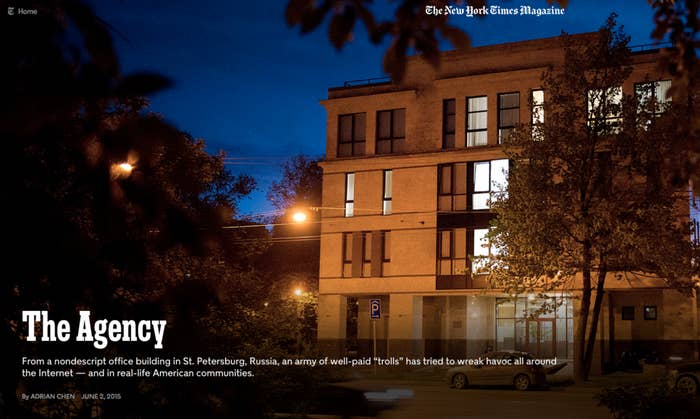
Chen's piece focuses on armies of well-paid Russian "trolls" that are wrecking havoc all over the internet. Essentially, the way it works is that a group of people working from an office building in St. Petersburg register hundreds of social media accounts and then start disseminating fake information all over the web.
Last year, they got a hashtag about a possible chemical leak in Louisiana to start trending. There was no leak. But if you checked the #ColumbianChemicals hashtag at the time, you would have seen grainy photos and videos. One fake CNN screenshot being shared said the whole thing was done by ISIS.
Chen noticed the unusual activity. It lined up with a piece he had read on BuzzFeed.
This fake video was tweeted by Ru trolls this week. Shows activists unfurling a #savedonbasspeople banner in Chicago https://t.co/se0upu6bYk
The whole operation is best known as the Internet Research Agency. They employ hundreds of Russians to post pro-Kremlin propaganda all over the internet. Their employees build fake identities and work in a swarm to create the illusion that something's a thing.
"[BuzzFeed] wrote a story about the agency being hacked. People leaking all these documents about what was going on. I just started following the accounts that were listed as trolls. Through that I assembled this network of people who all seem to be doing the same thing," Chen said of mapping out the troll network.
So Chen traveled to St. Petersburg to get to the bottom of it. And inadvertently was put under surveillance and smeared in Russian press as a possible Neo-Nazi. All in a days work, I suppose.
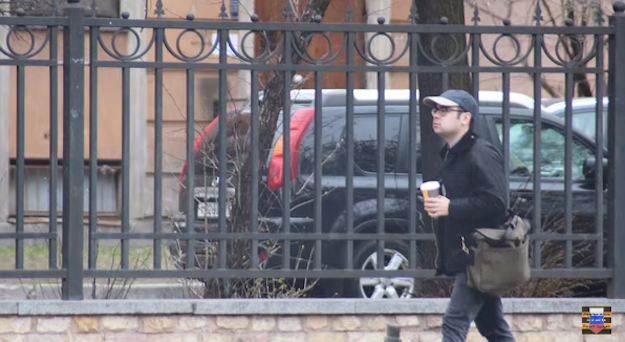
The main guy allegedly funding the operation is a restauranteur named Evgeny Prigozhin, sometimes referred to as "the Kremlin's chef" in local independent press. He's reportedly super well-connected to Putin and has a ton of lucrative government contracts, many of which are used to keep Russia's troll farms trolling.
"A lot of them are just these weird out-sourced things where nobody knows why they're doing them," Chen told us. "I talked to one guy who ran a troll farm and he said that this is a pretty common thing where people will just hire out thirty people in some random town and just post these pro-government comments, not just about the Kremlin, but their local authorities."
Ex-troll Lyuda Savchuk just won her case vs the troll farm. Her lawyer says it's just a start https://t.co/Vlhz3rOTpL
Chen was never able to talk to anyone who admitted they were part of a troll farm, but he feels like the main reason for the disinformation campaigns is to discredit the U.S. He did meet with a woman named Ludmila Savchuk, an activist and a former mole in the Internet Research Agency.
Savchuk was leaking documents about what was going on inside one of these farms. Most surprisingly, perhaps, is how lucrative trolling in Russia can be.
"I talked to one woman who was a journalist and she had tried to get jobs doing journalism before she worked at the troll farm and she said that the work, leaving comments on articles, was better than working for a local newspaper," Chen said.
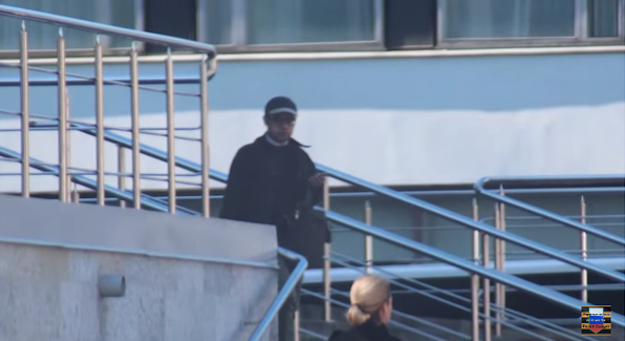
There are also rumors that the entire idea of pro-government trolling might be a scam to get money out of the government. People set up a troll farm with a possible government contract, put out a bunch of work, and make it look like they're actually doing something.
Whether or not trolling as a form of propaganda actually works is up for debate. But it might not need to work. Chen thinks the whole practice is less about actually convincing users to vote for Putin and more about muddying the waters and make the internet harder to navigate and trust.
"The opposition in Russia grew up on the internet and by making it dirty and unusable, it will silence those guys," Chen said.
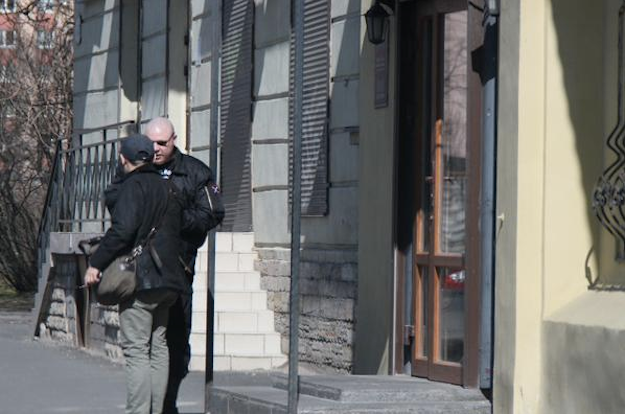
The last — and weirdest — part of Chen's story is when he ended up being branded a Neo-Nazi in the Russian press. He met with woman while he was doing interviews in St. Petersburg who brought along a man that she claimed was her brother. He was covered in Nazi tattoos.
What Chen discovered later was that the man wasn't her brother, but the two were actually setting him up. Photos of Chen with the Neo-Nazi and those were used to smear him in the local press.
For the record, Chen told Internet Explorer that he is, in fact, not a Neo-Nazi.
"When I saw this campaign start, I was already back in the U.S., so, there was really anything that could happen. And I had no idea that it was happening when I was actually there," he said. "They were obviously following me around for a while in St. Petersburg, but I had no idea."
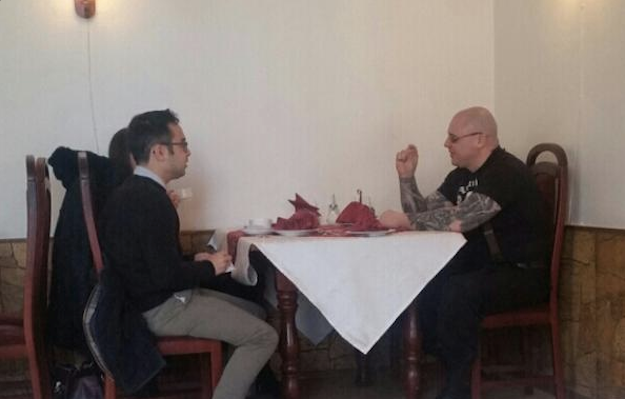
For more weird stuff about the internet, subscribe to BuzzFeed’s Internet Explorer podcast on iTunes or Soundcloud.
New episodes come out each Wednesday!
Internet Explorer theme song by Tanlines.


